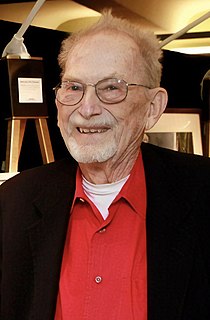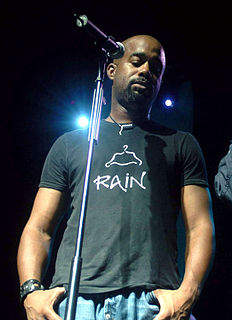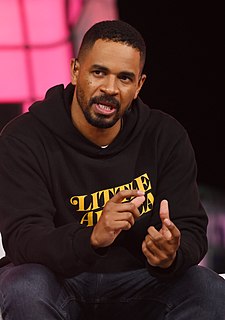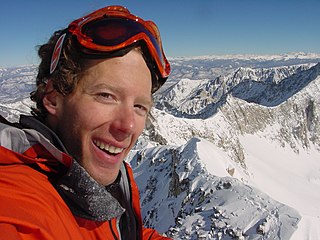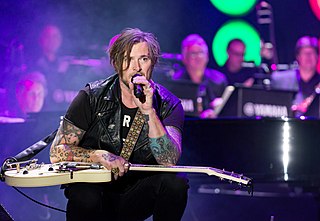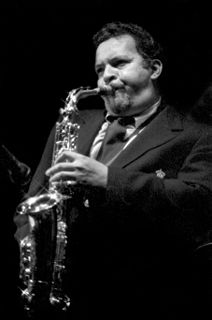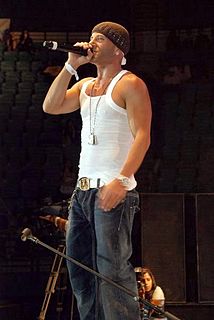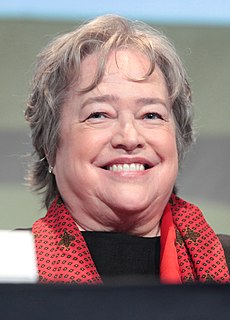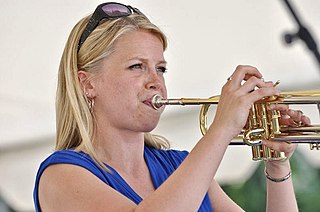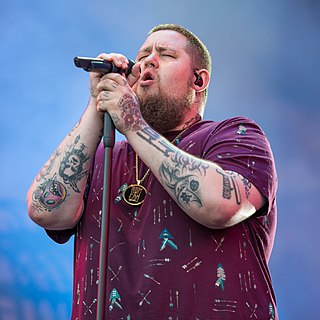A Quote by Wynton Marsalis
And my identity...I never really wondered about it because, unfortunately, I sounded like myself. People be saying I sound like Miles or Clifford Brown.
Related Quotes
I think the people who are sitting in their living room doing those, 'Let's take country music back' blogs and all that stuff, that's crazy to me. No one's saying that about rock & roll, and no one sounded like the Beatles since 1960. No one says that about R&B, and no one sounded like the Commodores since 1970.
When your 18th, 19, 20 years old like we were at that time, its just like anyone else, you look at like Silverchair and bands like that that are super young and sound extremely derivative of bands that were out at that current moment. As they sounded like 'Nirvana in pajamas' as we called them, we sounded like Bon Jovi and Skid Row and Motley Crue, because we were only influenced by what was out at the time because we were so young
I never really sounded like Bird, but that was my mission. I didn't care if people said that I copied him; I loved Bird's playing so much. But Mingus was the one that really pushed me away from the idea and forced me into thinking about having an individual sound and concept. That's what I got from Mingus.
Trying to make your own sound is hard. When I was producing for other artists, I could just produce and write songs as a normal songwriter, and almost make them generic. The artists themselves, whoever is singing that song, can put their own twist on it. When it came to my own material, I had to really dig deep, because I was just writing generic stuff. It sounded like everybody else, like Justin Timberlake, like Usher. I never wanted to sound like someone, that's when you know it's not going to work.
My past was always there. And I always understood that I was adopted. It wasn't like a massive issue to me. But identity was an issue. I knew that I was Indian, but I didn't really know much about myself, really. I mean, I really disassociated myself from what happened in the past to present. But, it was affecting in regards to identity.
We had Bob's [Gordon] records, and he's on Clifford Brown's first record as a leader. I believe it was Clifford Brown's first record as a leader and had the original versions of Daahoud and Joy Spring that were arranged by Bob's best friend, the West Coast tenor player named Jack Montrose, who I later met.
I think there's an attitude these days that you can go straight from a studio to the stage, and it isn't really like that. But playing live was the most important thing for me at the start because whenever I recorded something, it didn't sound right; I didn't like how my voice sounded. It was just raw.

